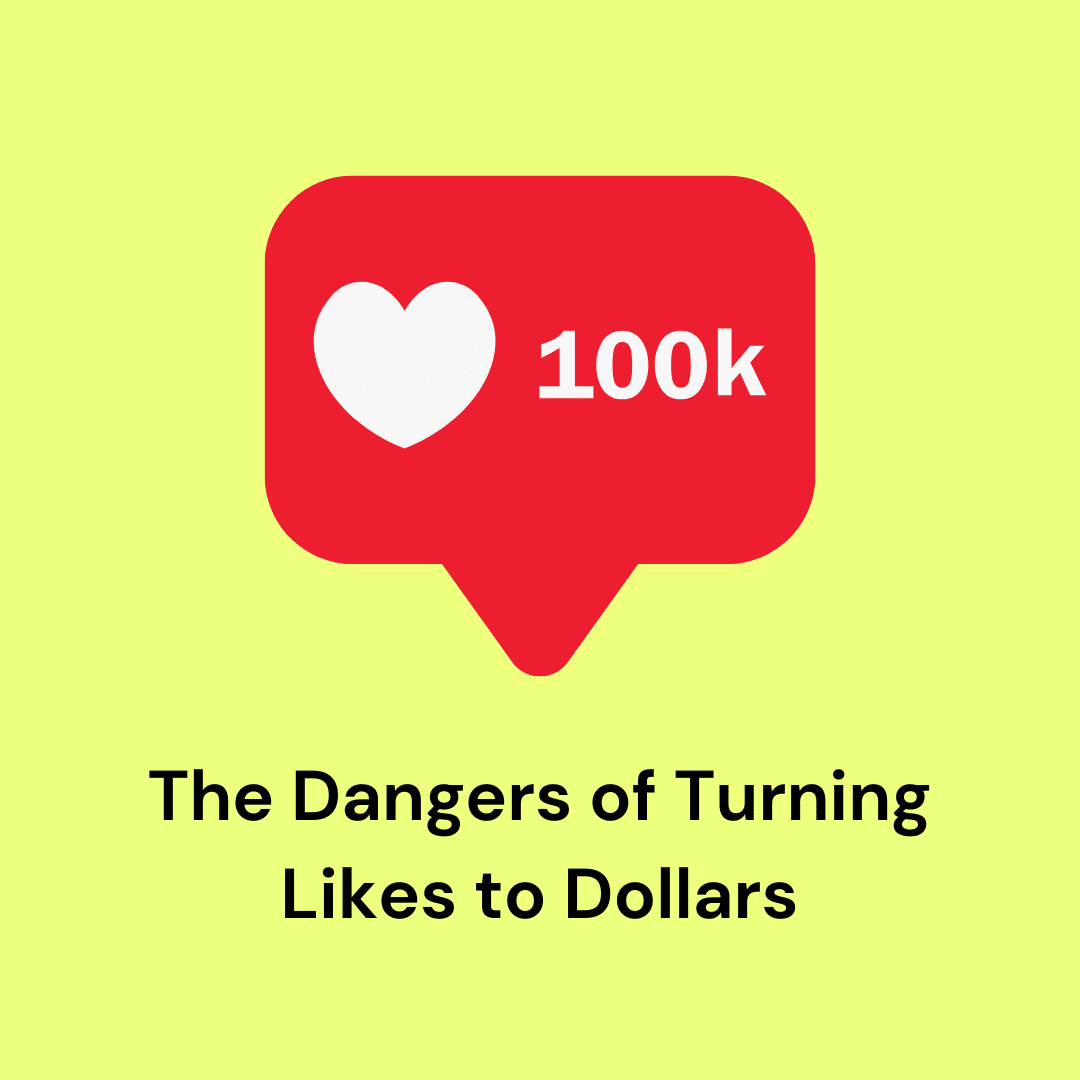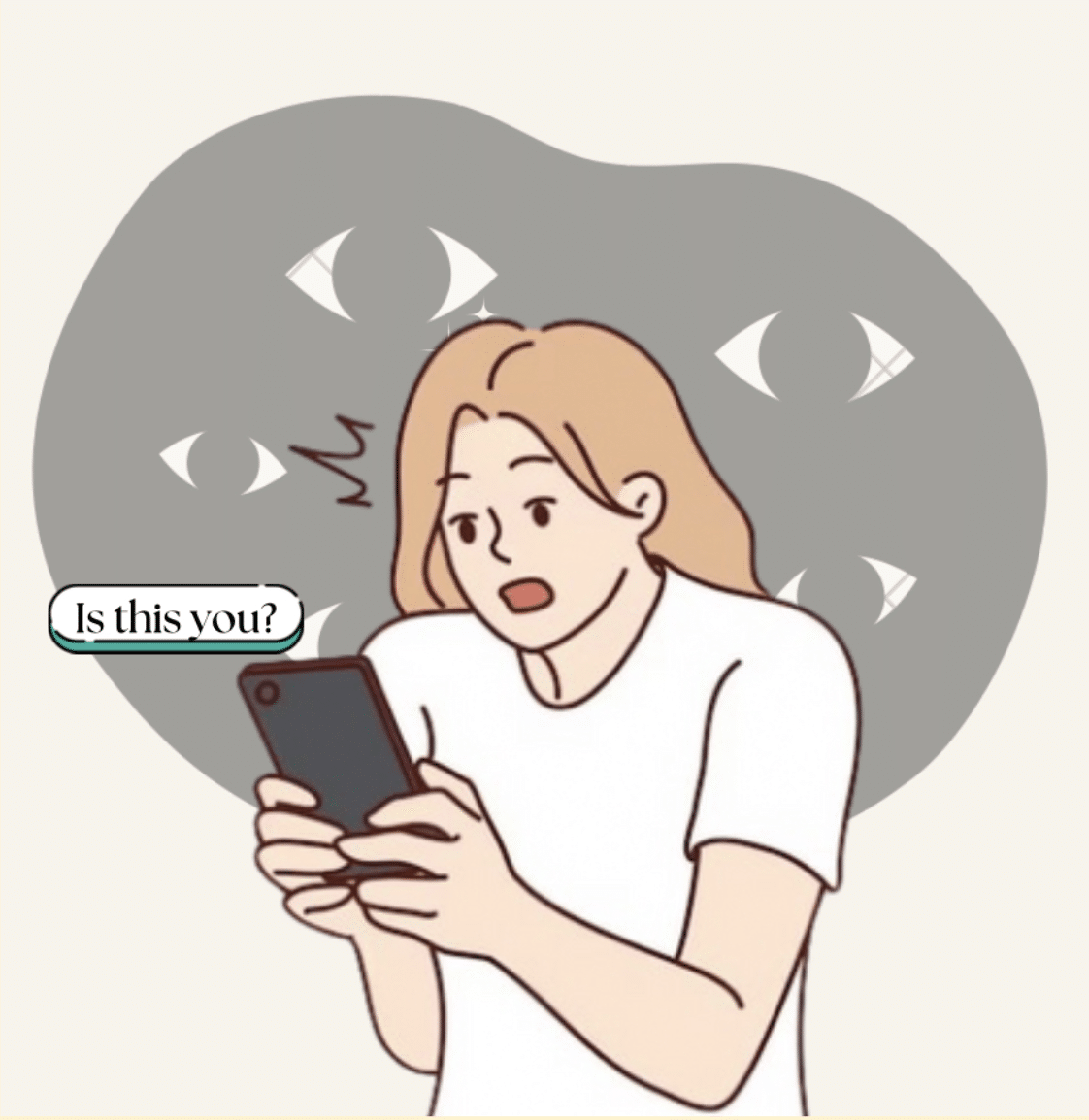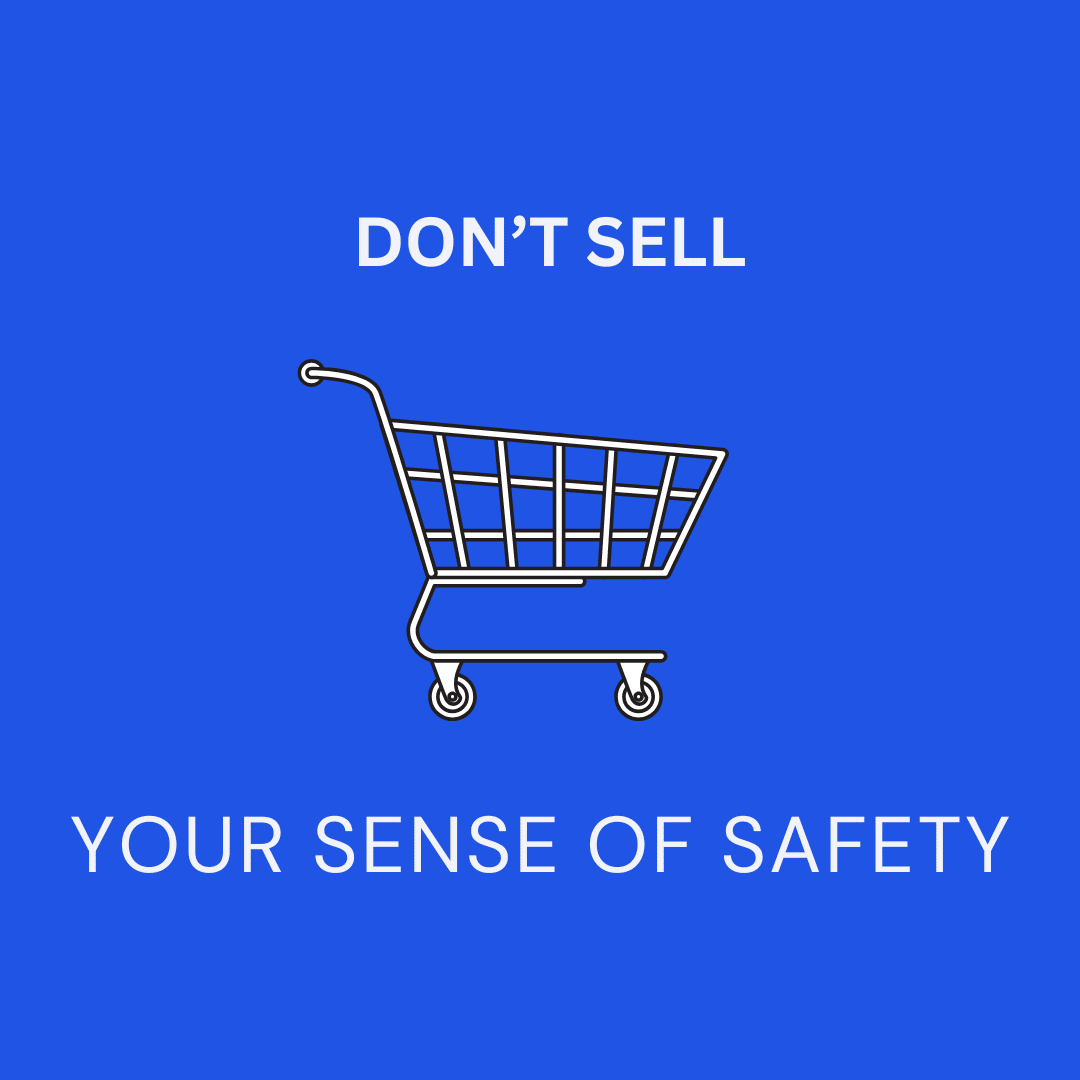Exploitation or Empowerment? The Dangers of Commercializing Youth
A group of smiling girls in trendy outfits show off their luxury cars and film videos at a huge mansion. If you’ve ever come across The Bop House on TikTok, this probably sounds like their daily life. But behind the viral videos and luxury aesthetic, there’s something much darker going on—with so many platforms normalizing…

A group of smiling girls in trendy outfits show off their luxury cars and film videos at a huge mansion. If you’ve ever come across The Bop House on TikTok, this probably sounds like their daily life. But behind the viral videos and luxury aesthetic, there’s something much darker going on—with so many platforms normalizing sexual content without real protections for minors (and pushing stuff like “barely legal” as a selling point), the line between being young and being exploited is getting blurrier by the day.
So, what are the potential dangers of glamorizing the lifestyle of selling sexual content? How can you spot the warning signs if someone in your life is feeling pressured to sell intimate images of themselves? Here are a few examples of common motivations and some ways you can respond.
Social media makes it look like financial freedom is just a few clicks away, showing you the highlight reel of people flexing their success. It might seem like selling content is an easy, low-risk way to get rich, but that idea comes straight from influencers and top earners who benefit from making it look effortless. Yeah, you’ve seen the viral success stories, but for every millionaire, there are thousands of people barely making enough for gas. Most barely clear a few hundred bucks a month—not exactly ‘quit your job’ money (or even ‘cover your daily Starbucks’ money).
“They’re making bank! Why not try it?”
What you can say:
“Look, I get it—making quick cash sounds great. But there are way safer (and way less sketchy) ways to get a side hustle going. Ever tried flipping thrift store finds? Freelancing? Babysitting kids who are glued to their iPads? Trust me, there’s money to be made without the risk.”
A lot of people market selling intimate photos as just another side hustle, making it seem easy and casual. But social media influencers have to make it look simple—it’s part of their brand. What they don’t show? The nonstop stress of creepy DMs, stolen content, blackmail threats, and the pressure to keep posting just to stay relevant. It’s not just ‘posting pics’—it’s a cycle that takes a serious mental toll.
“It’s just posting pictures. I could do that no problem!”
What you can say:
“There’s a huge market for really young people on those apps, and that makes it super easy for things like blackmail and harassment to happen. I think it’d be helpful to really look into the downsides before deciding anything.”
The whole “taking control” argument sounds good in theory, but the truth is, the industry is built on exploitation—especially of women. The same systems that objectify women also push them to profit off being objectified, making it seem like financial independence when, really, it just keeps the cycle going. Some people do choose this path, but for so many others, it’s not really a choice—it’s pressure, desperation, or just not knowing another way. And let’s be real, self-image struggles are already hard enough without constantly feeling like your worth is tied to how much people are willing to pay to see you.
“It’s empowering! If we’re gonna be sexualized anyway, might as well make money from it.”
What you can say:
“At the end of the day, it’s your call. I just wanna check in—are you doing this because it actually feels right for you, or because it seems like the only option?”
You can’t control what other people do, but you can make sure they have all the info before making a decision. Even small things—like reporting shady content, flagging harmful posts, or just having real conversations—can make a difference. You’re worth so much more than what the internet tries to sell you as. Invest in yourself, and remind the people around you to do the same.

Mona Y.
2024-2025 Youth Innovation Council Member
Need to talk?
Text NOFILTR to 741741 for immediate assistance.



